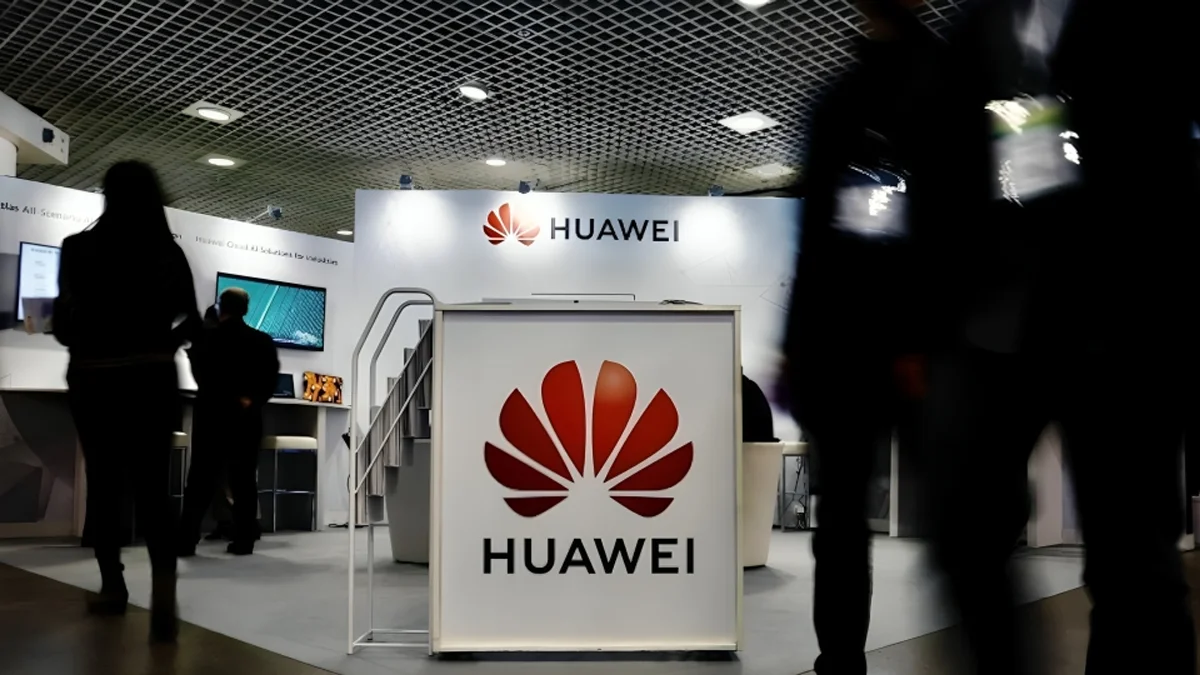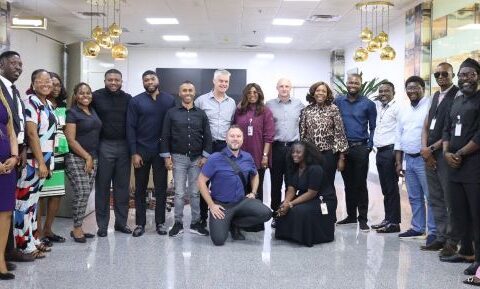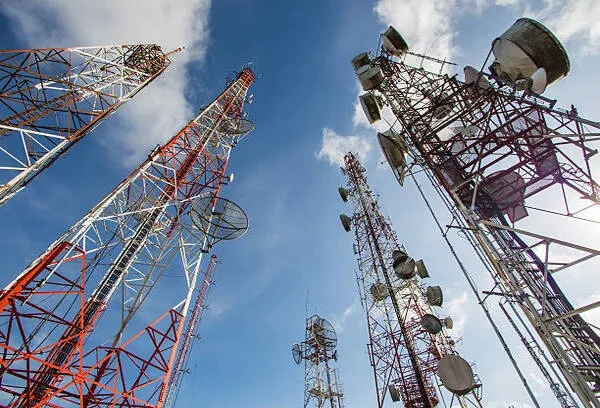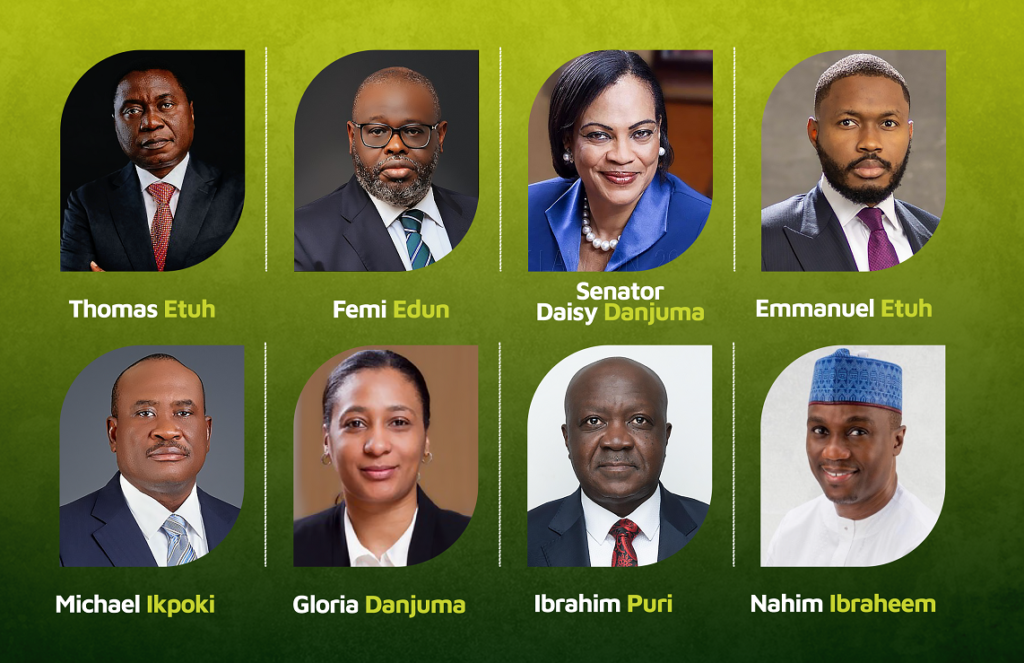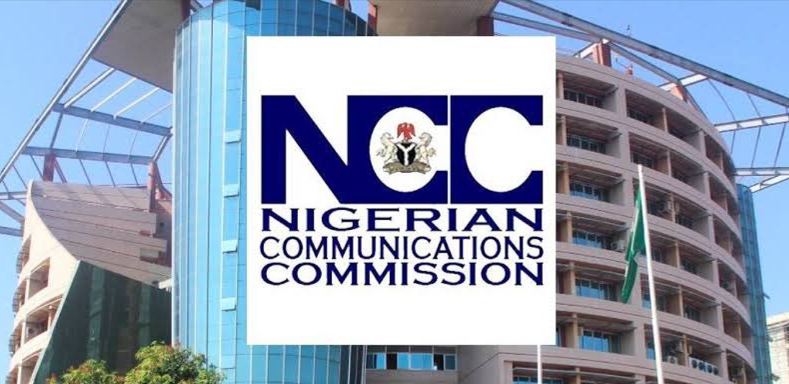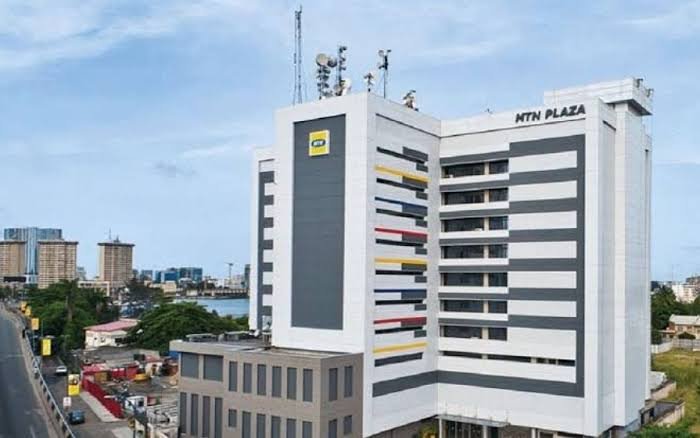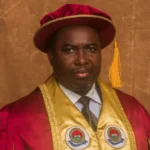A global technology provider, Huawei says that the global scarcity of Artificial Intelligence (AI) talents continues to pose significant challenges to the development of digital economies around the world.
Terrence Wu, the Managing Director, Huawei Nigeria Enterprise Business Group, made this known on Thursday (yesterday, December 5) at the Art of Technology conference 6.0 held in Lagos.
Wu said that AI talents are still in short supply and unevenly distributed around the world.
He added that this scarcity is coming at a time when the demand for AI computing power is expected to exceed the demand for general computing power, explaining that the scarcity of AI talents is a global challenge, requiring concerted efforts to address.
Speaking about Huawei, Wu said that the company has been operating in Nigeria for over 25 years and has invested heavily in the country’s digital infrastructure, adding that the company has launched a local cloud service in Nigeria, providing entrepreneurs, companies and individuals with access to AI computing power and other digital technologies.
He said that Huawei could offer more than 240 cloud services and solutions for customers to get started more easily.
Wu said: “The company has built five development timelines from hardware development to software development, from data governance to AI model development, and digital content production.
“The combination of 5G and AI will drive digital economy development, and 5G and the cloud are the main engines driving the second growth curve of digital transformation.”
He said that Huawei’s AI plus data solution help customers reshape their closed ICT system into open cloud platforms, allowing data to evolve to large data and fast, enabling financial business innovation and inclusive finance.
The Huawei boss cited examples of how it had used AI to improve weather forecasting, mining, education, and finance.
He explained that Huawei’s AI weather model could predict global typhoon paths with high accuracy, using a single server and just 10 seconds of computing time.
He added that Huawei was working with UNISA to build an AI-embedded smart campus network, which includes a Wi-Fi network that could automatically detect and fix faults.
Wu said that the company would launch its local cloud in Nigeria in December, adding that Huawei had decided to build a local cloud to comply with regulations.
He said that the local cloud would also enable it to serve entrepreneurs, companies, enterprises, individuals, and startups better and safer. (NAN)
